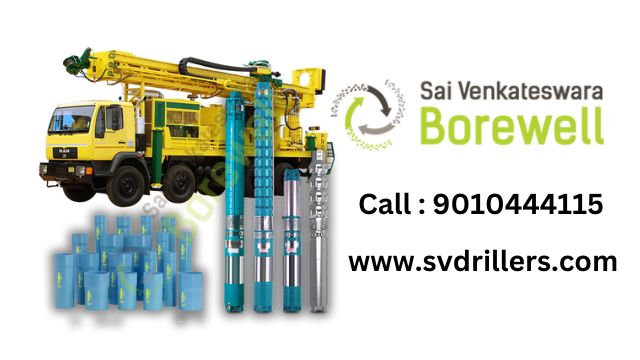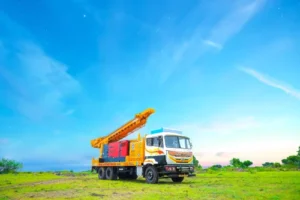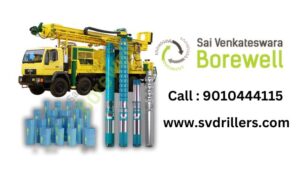🚀 Introduction
Are you planning a new borewell but worried about water scarcity, drilling failures, or high costs? Hiring an experienced geologist for borewell can make all the difference! A professional geologist uses scientific methods to locate the best water source, ensuring a high-yielding and long-lasting borewell.
Whether you’re a homeowner, farmer, or industrial developer, expert geological insights can save time, money, and effort. In this guide, we’ll explore how a geologist for borewell recommends site selection, drilling techniques, and maintenance for a successful new borewell.
🧱 Why Consult a Geologist for New Borewell?
💡 What is the Role of a Geologist for Borewell?
A geologist for borewell specializes in:
- Analyzing underground water sources using hydrogeological surveys.
- Identifying fracture zones where water is most abundant.
- Recommending optimal drilling depth and casing materials.
📌 Benefits of Hiring a Geologist
✅ Higher Success Rate – Scientific surveys prevent dry wells.
✅ Cost Savings – Avoid unnecessary drilling expenses.
✅ Sustainable Water Supply – Ensures long-term water availability.
✅ Regulatory Compliance – Helps adhere to local drilling laws.
📍 How to Choose the Best Location for Your New Borewell
🔍 1. Conduct a Hydrogeological Survey
A geologist for borewell uses:
- Electrical resistivity testing to detect subsurface water.
- Ground-penetrating radar (GPR) to map water-bearing layers.
🗺️ 2. Historical Data Analysis
Check nearby wells to estimate:
- Depth of successful borewells
- Yield rates & water quality
🌱 3. Evaluate Terrain & Soil Type
- Hard rock areas require deeper drilling.
- Alluvial soil may yield water at shallower depths.
🔗 Learn more about borewell site selection
⚒️ Best Drilling Practices for a New Borewell
📌 Recommended Drilling Methods
| Method | Best For | Depth Range |
|---|---|---|
| Rotary Drilling | Hard rock terrain | 100–500+ ft |
| Percussion Drilling | Shallow wells | 50–150 ft |
| DTH Drilling | High-yield industrial wells | 200–1000+ ft |
🛠️ Essential Equipment Checklist
✔ Heavy-duty drilling rig
✔ High-quality PVC/GI casing
✔ Submersible pump (if needed)
🔗 Explore borewell drilling techniques
🚰 Post-Drilling: Water Testing & Maintenance
🔬 Water Quality Testing
A geologist for borewell recommends checking for:
⚠ Contaminants (fluoride, nitrate, salinity)
⚠ Bacterial presence (E. coli, coliform)
🛠️ Routine Maintenance Tips
- Clean the borewell annually.
- Monitor water levels via piezometers.
- Flush sediments to prevent clogging.
🔗 Read our borewell maintenance guide
❓ Frequently Asked Questions (FAQ)
1. How much does hiring a geologist for borewell cost?
Costs vary based on terrain and survey complexity (typically ₹5,000–₹20,000).
2. Can I dig a borewell without a geologist?
Yes, but failure rates increase significantly without professional guidance.
3. What is the best season for drilling a new borewell?
Late winter or early summer is ideal as groundwater levels stabilize.
4. How deep should a borewell be?
Between 100–500 ft, depending on hydrogeological conditions.
5. How do I increase borewell yield?
Hydrofracturing or proper casing can enhance water flow.
🧭 Conclusion – Need a Reliable New Borewell?
Hiring a skilled geologist for borewell ensures success in your new borewell project. From site selection to maintenance, their expertise maximizes efficiency and minimizes risks.
🚀 Need expert help?
📞 Call us today at +91 9010444115
🌐 Visit SV Drillers for a free consultation!
🔗 Keyword & URL List
- Geologist for borewell
- New borewell
- Hydrogeological survey
- Borewell drilling methods
- Borewell maintenance
For professional web solutions, check out Vebnox today!
By following these expert guidelines, you can ensure a high-yielding and durable borewell while avoiding costly mistakes. 💧⚡



